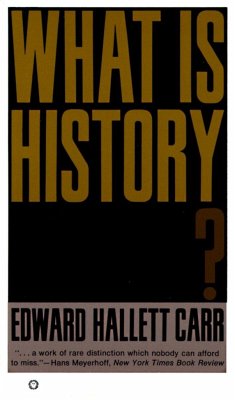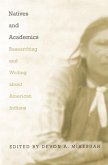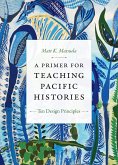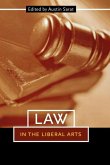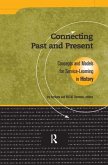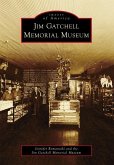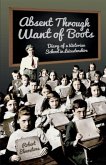'...[Carr] tackles half a dozen of the most fundamental questions concerning the interpretation of human social experience. He handles each of these with such mastery as we seldom see, and his little book is one of those rare works which one can with assurance predict will be regarded as basic for years to come.' -- David M. Potter, The Nation
Who is to say how things really were? In formulating a modern answer to the question 'What is History?' Professor Carr shows that the 'facts' of history are simply those which historians have selected for scrutiny. Millions have crossed the Rubicon, but the historians tell us that only Caesar's crossing was significant. All historical facts come to us as a result of interpretative choices by historians influenced by the standards of their age. Yet if absolute objectivity is impossible, the role of the historian need in no way suffer; nor does history lose its fascination. With lucidity, Carr casts a light on the proper function of the historian and the vital importance of history in modern society. "This is an admirably stimulating and intrepid book, a bold excursion into a region of central importance where most contemporary philosophers and historians, unaccountably, either fear or disdain to tread."-Isaiah Berlin, New Statesman
Who is to say how things really were? In formulating a modern answer to the question 'What is History?' Professor Carr shows that the 'facts' of history are simply those which historians have selected for scrutiny. Millions have crossed the Rubicon, but the historians tell us that only Caesar's crossing was significant. All historical facts come to us as a result of interpretative choices by historians influenced by the standards of their age. Yet if absolute objectivity is impossible, the role of the historian need in no way suffer; nor does history lose its fascination. With lucidity, Carr casts a light on the proper function of the historian and the vital importance of history in modern society. "This is an admirably stimulating and intrepid book, a bold excursion into a region of central importance where most contemporary philosophers and historians, unaccountably, either fear or disdain to tread."-Isaiah Berlin, New Statesman

